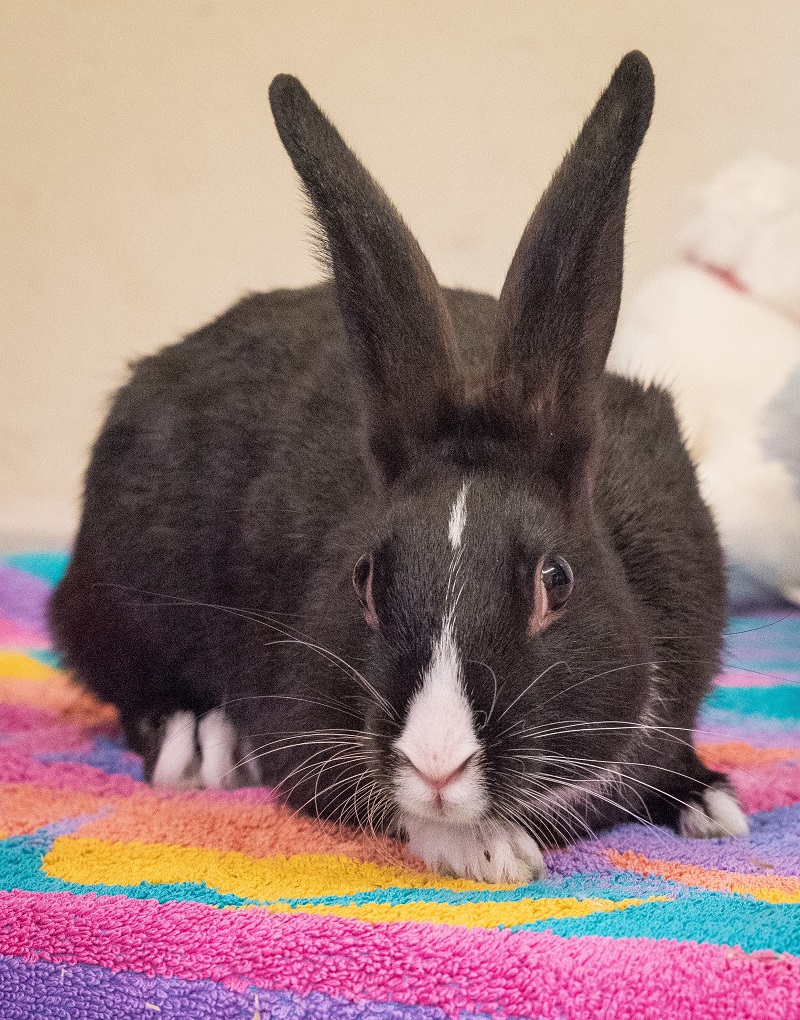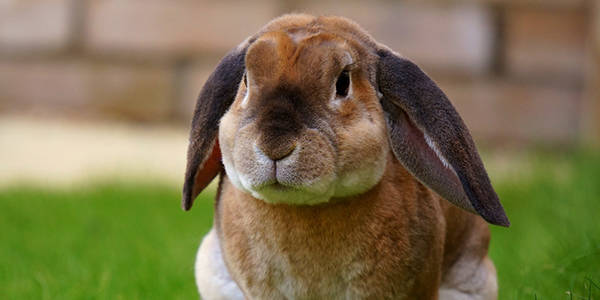Choose the adoption option and help a rabbit in need
Rabbits are fun-loving animals and make fantastic family pets. Expressive and interactive animals, rabbits thrive on loving human companionship and care.
By adopting a rabbit from RSPCA, you’re giving an animal in need a second chance at life. And your new furry best friend will reward you with devotion, unconditional love and joy.
As an added benefit, all rabbits available for adoption from RSPCA South Australia are desexed, vaccinated, microchipped and health checked – helping you be a responsible pet owner right from day one.
But, as with all pets, a degree of responsibility is associated with rabbit ownership. It is essential you consider the following factors before adopting a rabbit.
Before adopting a rabbit, ask yourself:
- Am I over 18?
- Am I in a financial position to meet the ongoing costs associated with caring for a rabbit?
- Do I have the environment to ensure a rabbit is safe and secure at all times?
- Does my current lifestyle allow me quality time to exercise, play and spend time with a rabbit?
- Am I committed to care for a rabbit its whole life?

What will you need for your rabbit?
- Water bottle
- Food
- Litter tray and litter
- Bedding
- Hutch
- Gnawing stick
- Toys
- Grooming and cleaning products
- Flea control
All of these items can be purchased from our shelters, with sale proceeds helping animals in need.
Other things to consider before adopting a rabbit
Rabbits need companionship: Having more than one pet rabbit is recommended as they’re sociable animals and require companionship. Suitable mixes include two females or mixes of neutered rabbits. To avoid having any unwanted or unintended litters of baby rabbits, avoid keeping entire male and entire females together.
Diet is crucial: Feeding the right diet is one of the most important aspects in maintaining a healthy rabbit. Rabbits are herbivores (they eat plant material). Providing a constant supply of grass and/or grass hay (e.g. timothy, oaten, wheaten, pasture, paddock, meadow or ryegrass hays) is paramount in providing a balanced diet.
Regular grooming is a must: Grooming helps keep your rabbit’s coat in good condition so your rabbit ingests less hair, helping to prevent hairball blockages in their gastrointestinal tract. This is especially important for long-haired breeds. While brushing, take the time to check their fur for any parasites or dirt, especially under the tail (if left, it can lead to a fatal condition called flystrike). Check the length of your rabbit’s toenails regularly and if they are too long, have them clipped.




